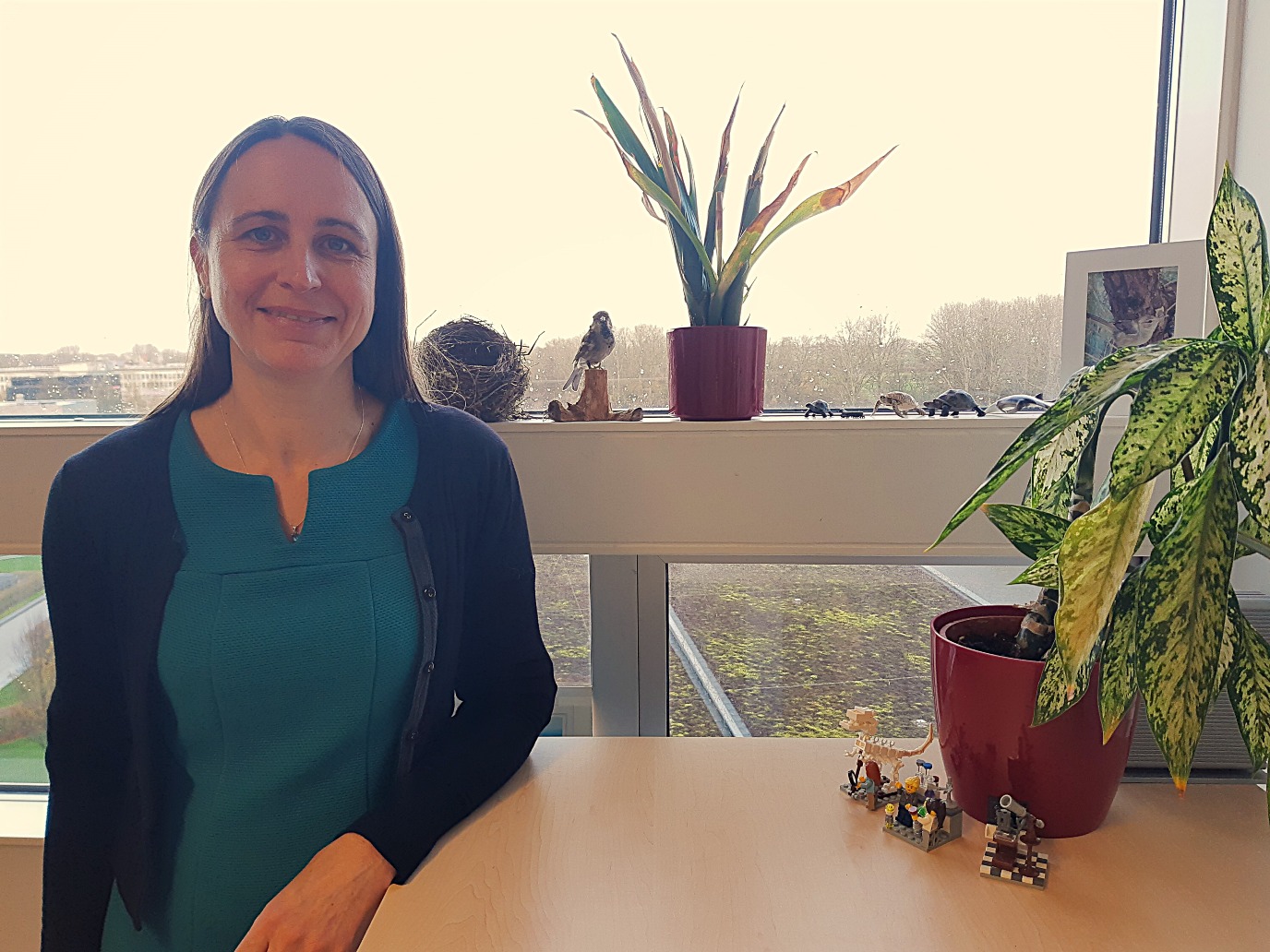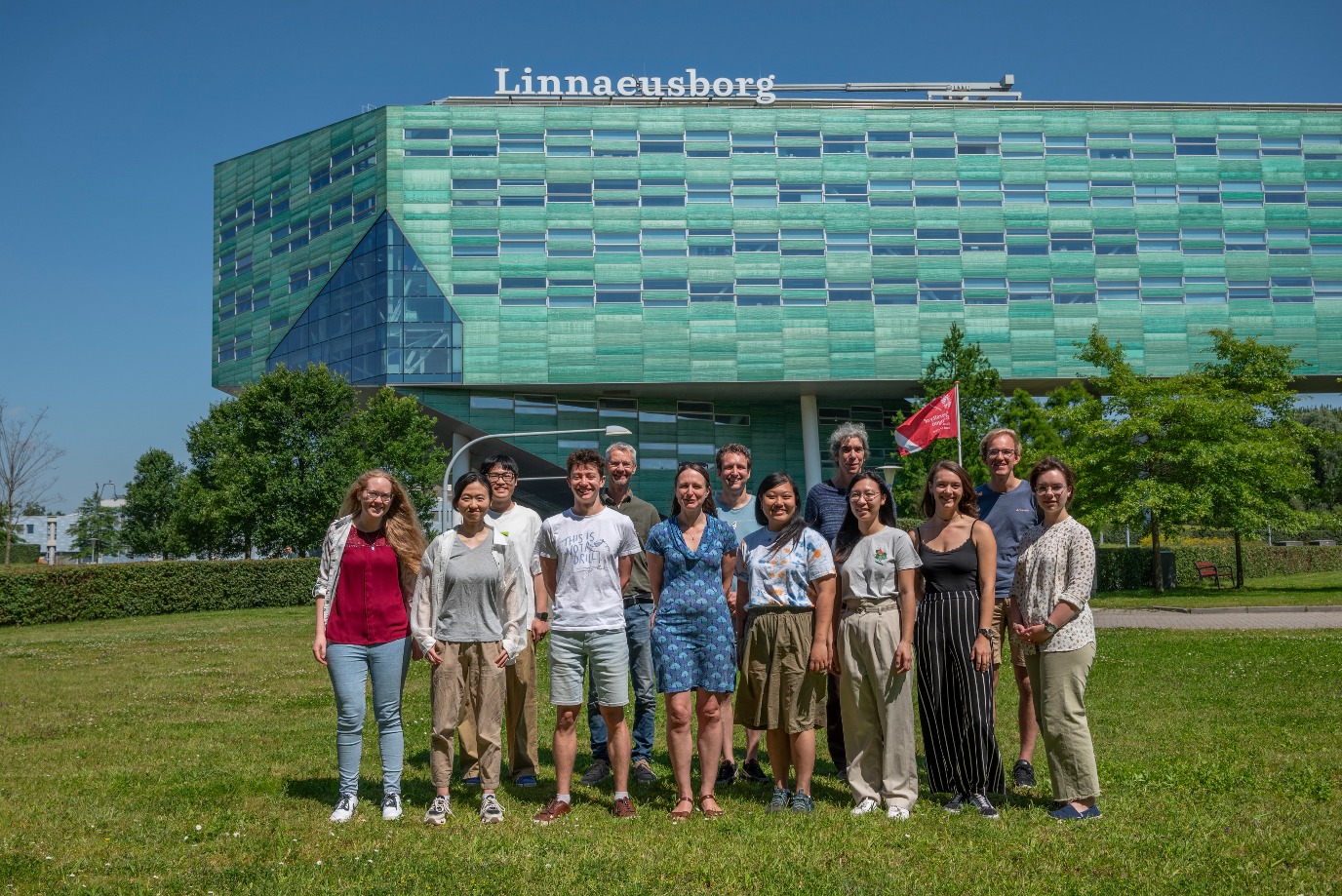Hannah Dugdale wins NWO Athena Award for outstanding female researchers
Prof. Hannah Dugdale of the Faculty of Science and Engineering (UG) is one of two winners of the NWO Athena Award. The EUR 50,000 prize is awarded to female researchers in the sciences who stand out and are therefore role models for others. The jury concludes that Dugdale has a truly unique profile: ‘She is a distinguished scientist, a leader and a role model, especially for young scientists.’
The Athena Award is one of a total of five awards presented annually by the NWO's Exact and Natural Sciences (ENW) domain.

Research on aging
Dugdale is a professor of Evolutionary Medicine and conducts research on aging in both humans and animals. Her research has provided important insights into the genetic, social, environmental and intergenerational factors that influence aging. Her goal is to generate knowledge about how people can live longer and healthier lives. ‘For example, if we understand how social stress causes aging, we could potentially mitigate these effects,’ explains Dugdale.
Passionate advocate for Open Science
Dugdale is very committed to open science: ‘It is important that science is reproducible and accessible to all,' she says. The jury calls her a passionate advocate for Open Science. Among other things, she developed an innovative and practical bioinformatics course for master's and PhD students to become aware of the importance of sharing knowledge.
Commitment to minority groups
To improve the representation of minority groups in academia, Dugdale regularly steps outside her own field of research. For example, she examined the difference in research productivity between male and female academics during the corona pandemic. She also investigated why there are significantly fewer female than male speakers at scientific conferences. In addition, she is concerned with other minority groups: ’It’s well evidenced that knowledge and science are advanced in more diverse groups, yet under-represented groups face bias that hinders their progress, which we need to address’
'The award encourages me to continue my efforts in the field of diversity and inclusion. Both within science and in society.'
Reaching young people
Dugdale also brings the knowledge she gains in her research to the public at large. Her outreach activities are particularly focused on young people, such as lessons at primary schools. She also wrote the children's book ‘The Egg’. This is the success story of the conservation of the Seychelles warbler. At the same time, the story teaches about bird biology, including how these birds work together to raise their siblings.
Dugdale finds it an honor to be considered a role model: 'The award encourages me to continue my efforts in the field of diversity and inclusion. Both within science and in society.'

More news
-
29 January 2026
Microplastic research - media hype or real danger?
-
27 January 2026
ERC Proof of Concept grant for Maria Loi
